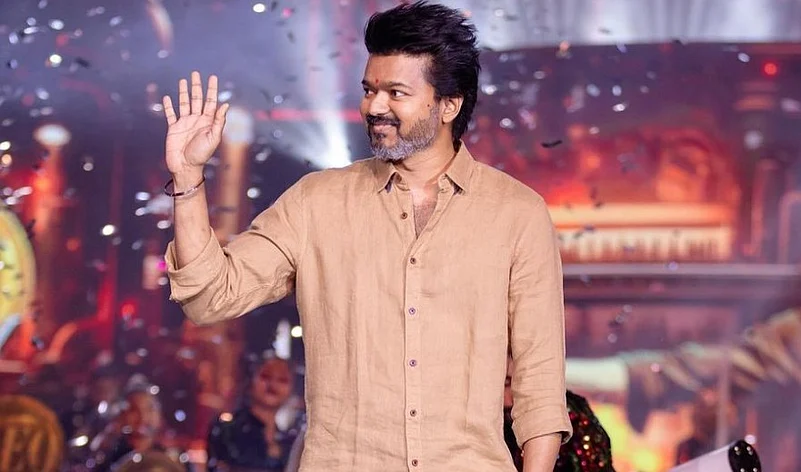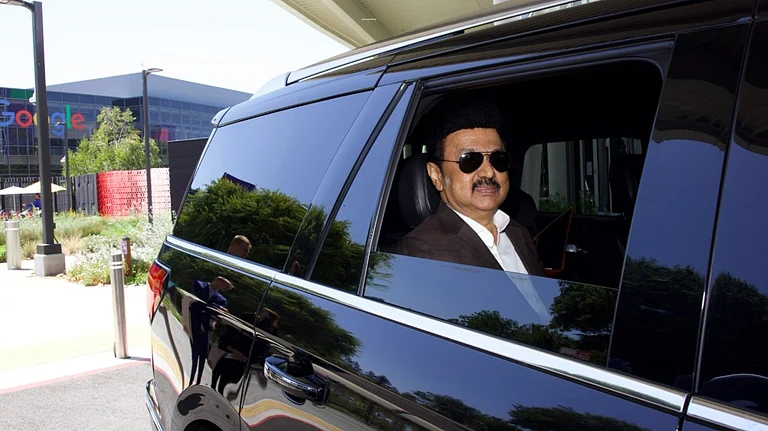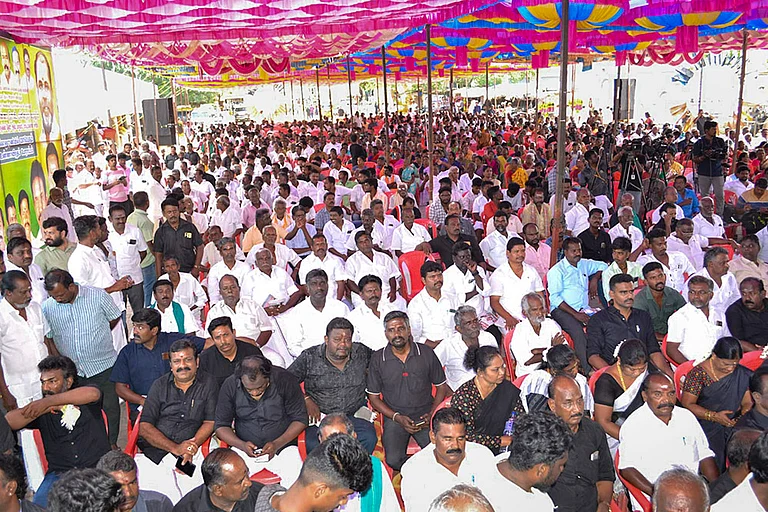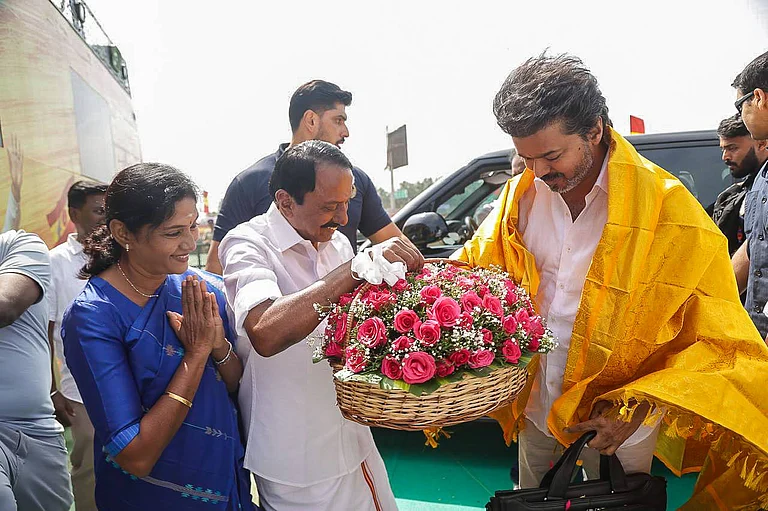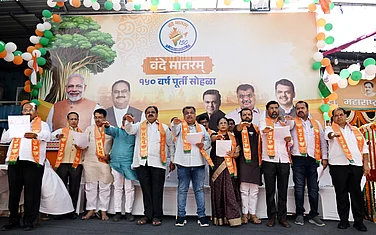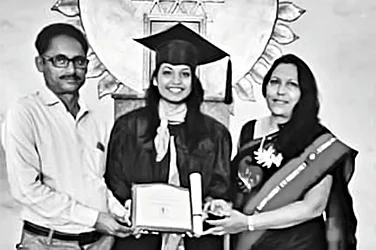In the annals of Tamil Nadu's rich political history, the seamless transition from the silver screen to the political stage has been a recurring motif, shaping the state's political landscape for decades. The latest actor to embrace this dual role is the ever-popular Vijay, hailed as 'Thalapathi,' who recently launched his political party, Tamizhaga Vetri Kazhagam. This strategic move unfolds ahead of the general election against the backdrop of crucial changes within the All India Anna Dravida Munnetra Kazhagam (AIADMK) following the demise of J Jayalalitha and amid allegations of corruption and dynasty politics against the ruling Dravida Munnetra Kazhagam (DMK).
The intertwining of cinema and politics is deeply ingrained in Tamil Nadu's legacy. The iconic M.G. Ramachandran (MGR), seamlessly transitioning from the silver screen to the Chief Minister's office, paved the way for subsequent stars like Jayalalitha and, more recently, Vijay. MGR's charismatic persona and his ability to connect with the masses laid the foundation for the unique symbiosis between the celluloid world and the political arena in the state.
Examining the historical trajectory of film stars-turned-politicians in Tamil Nadu reveals many successes and challenges. While MGR and Jayalalitha not only enjoyed massive popularity but also wielded significant political influence, others, like Captain Vijayakanth, who recently passed away, and G.K. Moopanar, who founded the Tamil Manila Congress (TMC), faced uphill battles in sustaining their political careers. The correlation between on-screen charisma and political success is nuanced, demanding a profound understanding of the state's socio-political dynamics. For instance, Kamal Haasan formed a political party called Makkal Needhi Maiam (MNM) in 2018. However, his impact has not been as seismic as MGR's or Jayalalitha's. The party's electoral performance was subpar, with less than one and three per cent of votes in parliamentary and assembly elections, respectively. In February 2023, the party endorsed a DMK candidate in an unprecedented move. Over the past years, Kamal Haasan has shown increasing alignment with M.K. Stalin's leadership despite the absence of formal alliance talks and an apparent lack of seriousness in his political initiatives. MNM has ostensibly failed to emerge as an influential political force.
Vijay's entry into politics with Tamizhaga Vetri Kazhagam unfolds against the backdrop of turmoil within the AIADMK, a party that once stood as the torchbearer of MGR's legacy under the formidable leadership of 'Amma' Jayalalitha. The actor's party launch has been accompanied by promises of a corruption-free government, a rallying cry for positive change, and a vision for Tamil Nadu's development. Vijay's philanthropic activities and mass appeal add an intriguing dimension to the political canvas.
The demise of Jayalalitha left a leadership vacuum within the AIADMK, and Vijay's foray into politics presents an alternative for voters disillusioned with the current political landscape. His popularity, particularly among the youth, and promises of clean governance could potentially attract a substantial portion of non-DMK voters, especially considering the ongoing crisis within the AIADMK. However, Vijay's path to political ascendancy is not without its hurdles. The transition from a matinee idol to a political leader demands a nuanced understanding of governance, intricate knowledge of state affairs, and the ability to navigate the intricate web of Tamil Nadu politics. The actor must also contend with the formidable presence of established political entities that have dominated the state's political landscape for decades.
As the political stage in Tamil Nadu is set for a potential transformation, Vijay's entry, with a clear indication that his target is the 2026 state election, adds an element of anticipation and uncertainty. His recent movies and statements reflect a quest for change with a Dravidian, left-oriented, and progressive ideological position. He has vehemently opposed the implementation of the Citizenship Amendment Act (ACT). His public appeal transcends class, caste and religion. He has also forecasted full-time political work after finishing his already committed film projects. Furthermore, he has succeeded in leveraging his organized fan base to make a substantial impact on the ground among the people; they contested the local body election and won a significant number of seats, 115 out of 169, establishing reading rooms, clinics, free education centres, and more for the public. This reflects that he has done his homework and chosen the right time for entry, unlike stars like Rajnikant, who delayed their political entry and missed the bus for potential political revolutions.
The upcoming elections will be a litmus test for Tamizhaga Vetri Kazhagam's viability and its potential to resonate with a diverse voter base. As of now, the politics of Tamil Nadu is dominated by the DMK, AIADMK and their allies who have almost 75 per cent of the total vote share in the state. Will Vijay, the actor-politician, be able to carve a niche for himself amidst seasoned politicians, or will his political journey remain confined to the annals of Tamil Nadu's cinematic-political history? Only time will unveil the cinematic gamble that is Vijay's political odyssey.
Amal Chandra is an author, political analyst and commentator.






